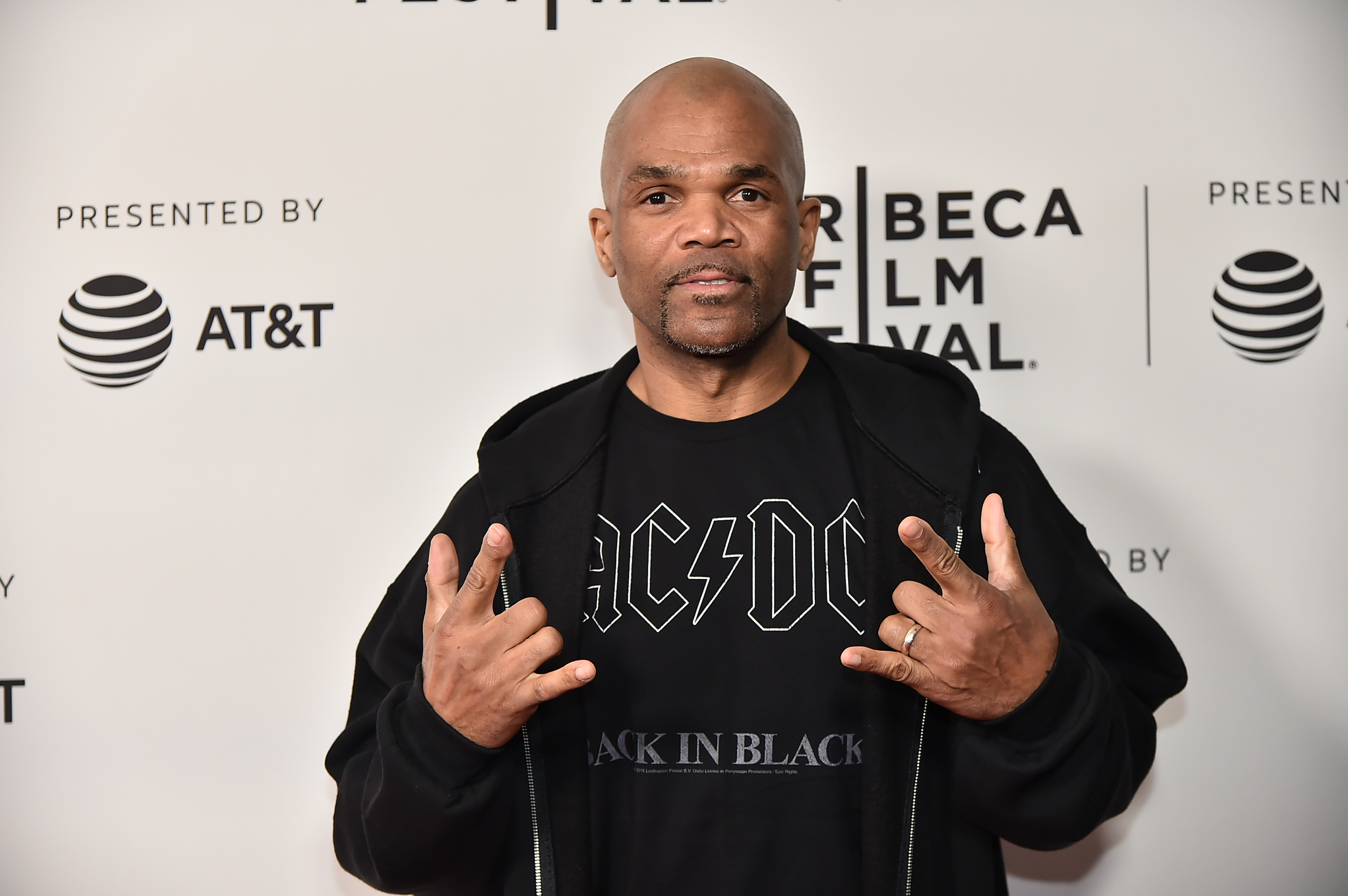
The ski resort town of Park City, Utah looks like a movie set. It’s appropriate, seeing as the Sundance Film Festival helped put this town on the map. But Park City is also where a successful trial attorney and musician named Ben Anderson settled for his retirement and came up with an idea based on his gratitude for 15 years of continuous sobriety. Combining his love of music and recovery, Park City Song Summit was born in 2020 — but due to a pandemic delay, its official inauguration happened earlier this month.
PCSS brought in 30 musicians — including Jason Isbell, Andrew Bird, Mavis Staples, Anaïs Mitchell and others — as well as mental health specialists and others focused on recovery to participate in panel discussions and interviews where musicians could talk about the demons they have faced throughout their careers.
But perhaps one of the biggest names at PCSS was Darryl “DMC” McDaniels. SPIN spoke with the hip-hop legend about mental health, recovery, and much more.
SPIN: You’ve said that “Angel” by Sarah McLachlin saved your life. Can you tell me the story behind that?
Darryl “DMC” McDaniels: I was in a car going home to New Jersey after landing at JFK [Airport] and the driver says “Can I turn the radio on?” I’m like “Yeah, whatever, whatever.” So he turns it to Hot 97, the hip-hop station, and the last thing I wanted to do is hear hip-hop because I can’t do that no more. I’m suicidal — curled up in the back seat. I say to him “You could keep your radio on, but turn it to anything except that hip-hop bullshit.” He turned it to Lite FM, and all of a sudden, that piano and that voice… Something in me said “D, life may be fucked up, but if something this beautiful exists, it’s good to be alive.”
Then I got to meet Sarah McLachlin at Clive Davis’s Grammy party, and she walks in and says “DMC! Run-DMC! Oh my God! ‘It’s tricky to rock a rhyme, to rock a rhyme!’ I love you guys.” I said “Ms. McLachlin, I just want to say your song ‘Angel…’ You sound like an angel, and people say you’re an angel, but you’re not an angel to me, you’re God. I listen to you 24 hours [a day], seven days a week.” She just said “Thank you for telling me that, Darryl. That’s what music is supposed to do.”
What has your recovery from addiction been like, and how’s it going now?
My perception was that you need to get high, smoke weed, drink and do all this to be part of something. So now that I’m sober, I’m realizing that no, you don’t. I can understand taking some LSD and thinking of some crazy shit, but the thing that you think of is in you already. Sobriety has let me realize that everything in existence is still beautiful, even better when you come, as Nirvana would say, as you are.
How do you feel about religion?
I’m not religious. The arts, music, sculpting, painting, playwriting, film, creative writing, literature, and the arts succeed where politics and religion fail. Sermons don’t happen in the church, sermons happen every day in front of our lives. One person said “Prayer ain’t getting down on your knees, prayer is how you live.” That blew me away. Here’s a story about why religion will throw you off. Before a friend of mine went to live with monks, he cut his hair and shaved his head. He shows up the first day, and the monks are laughing at him. These monks are walking in there with long beards, and he’s like, “Why are you laughing at me?” One of the monks says “So you cut your hair because you thought this is what monks are supposed to do, right? It’s not about that.”
What about your recovery has surprised you?
I never thought life would be enjoyable, but it is. Sobriety has taught me that you could live a beautiful sober life that’s exciting, powerful, energetic, rebellious, aggressive — all of it. You think that you have to be high or you have to smoke, but you don’t. I think you’re more free when you don’t take anything into your being.
In your book, Ten Ways Not to Commit Suicide, you talk about finding out you were adopted and the profound effect it had on you. Could you talk about the talks you had with your mother and father while you were working on the book?
I know my Run-DMC story, but I don’t know any details about the day I was born. So I called my mother and said “Mom, to make it more interesting for the reader, I just need to know three things about the day I was born. How much did I weigh? What time was I born? What hospital?” She says “Oh, you was like 8 lbs., 10 oz. You was a big baby. You came into the world at 11:30 in the morning.” An hour later, my father calls back and goes “We have something else to tell you. You were a month old when we brought you home. You’re adopted, but we love you. Bye.” So imagine having that revelation while you’re suicidal. Fortunately, therapy and rehab healed that.
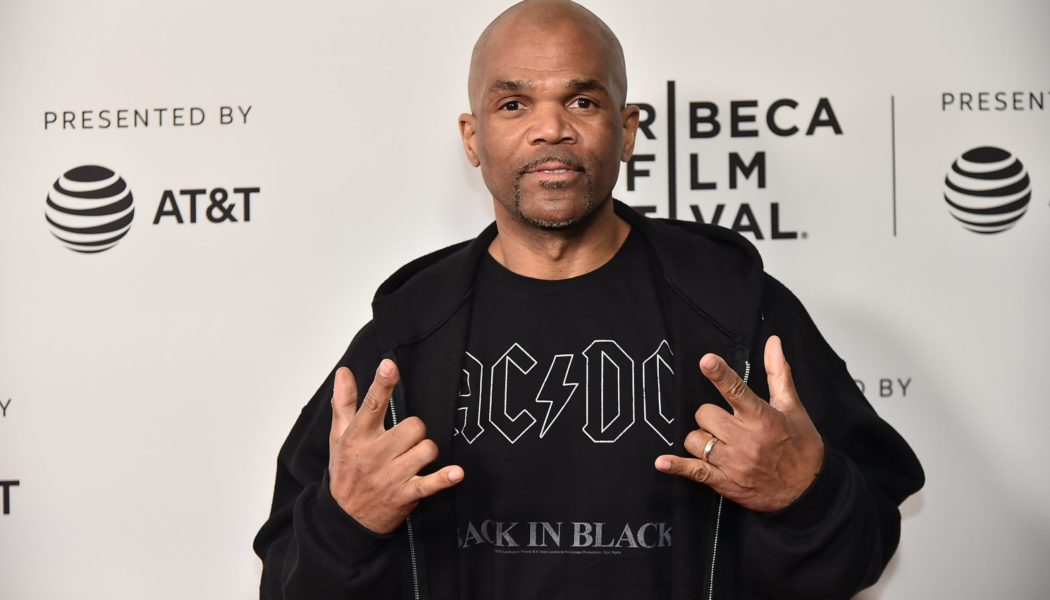

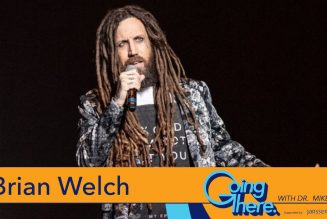
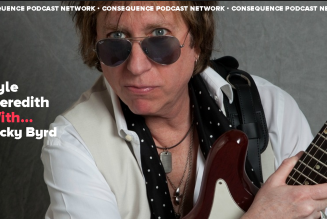

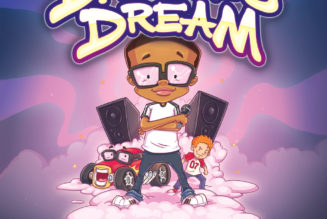

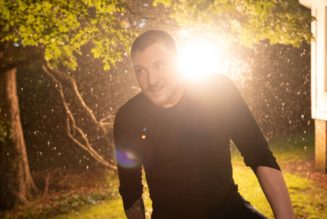
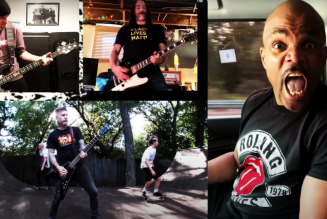
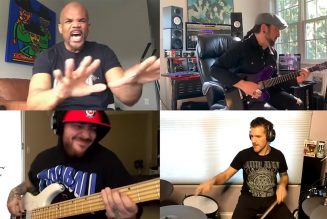

Tagged: addiction, DMC